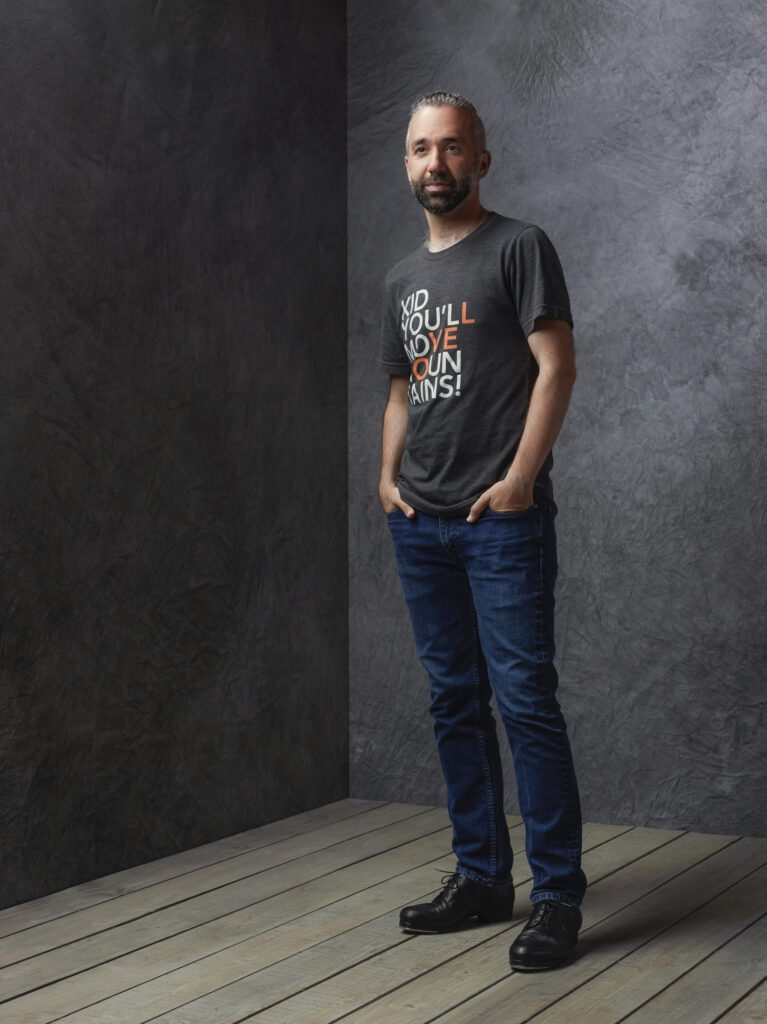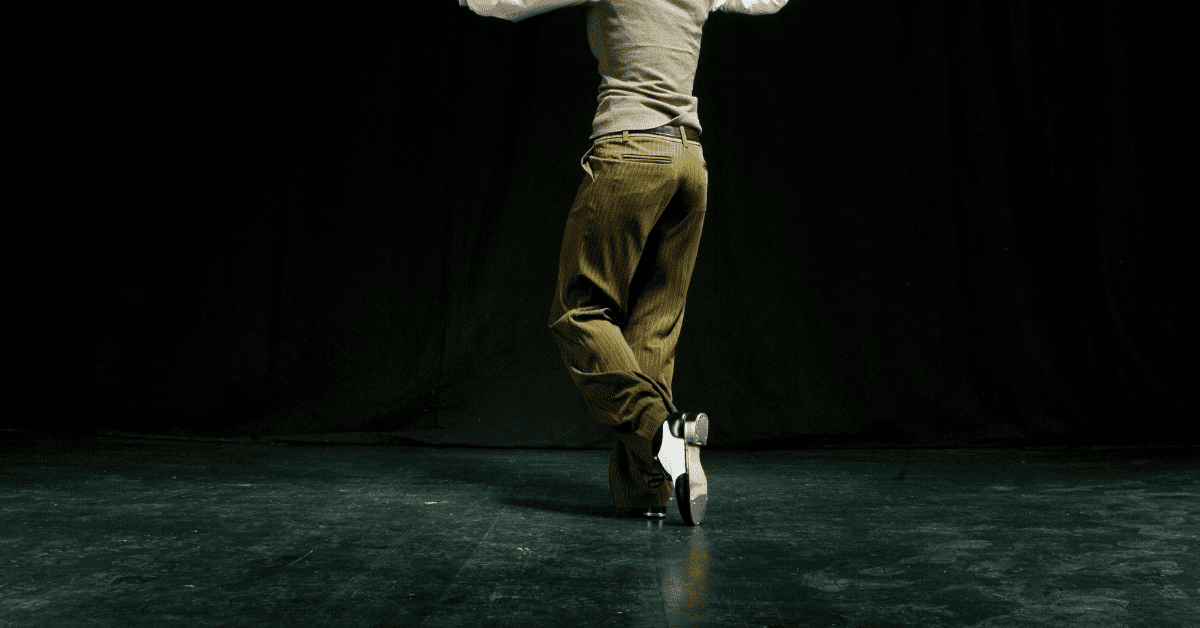
Andrew Nemr is a professional tap dancer and a leader in faithful innovation. For the past few years, he has been on a journey to try and bridge the gap between the arts and faith. In his life and development as a tap dancer he has found many parallels between his artistic formation and spiritual formation.
Andrew didn’t grow up in the church, in fact he had only been baptized for 3 years before he felt called to ministry. Before ministry he was running a tap dance company in New York City. “I was having coffee with someone who I thought was going to help me with the tap dance company and they asked me what I thought I was supposed to be doing. And before I could think about it the words ‘I think I’m supposed to become a pastor’ came flying out of my mouth.” After talking with his own pastor, Andrew realized he didn’t want to plant a new church but was comfortable in public speaking, so he began a preaching apprenticeship under his pastor for two years. It was during this time he realized that the institutional church wasn’t right for him. “Ever since I’ve been on this journey of trying to find where I fit in … I’ve been wondering: what is it that I’ve learned that I can share, that would be edifying for folks?”
Embodied practice

What Andrew found was how analogous formation in tap dancing is to spiritual formation. “It’s tied, like in a very classic apprenticeship, in which the technical and doctrinal truths you learn are tied to the personality of the person teaching you. In tap dancing they’re all embodied, like you have to be able to physically execute the thing. You know not only the vocabulary, but experience it conceptually. My own apprenticeship with Jesus is analogous to living as if what Jesus said was true, and putting my body in action in a way that displays a particular belief. That can fundamentally shift the way somebody literally shows up in the world.”
What Andrew wants to do in his ministry is to help people reignite their imaginations to the prospect of the kingdom and help them discover the reality of the kingdom of God around them. One of Andrew’s core theological convictions came with help from Dallas Willard, that spiritual formation is not exclusive to Christians, it happens to everybody. “It’s not like I have to teach you what these words mean and then you can come in. If you’re already doing a thing, Jesus is going to work with that.” Andrew pointed out that someone can have the concept of a tap dance but not be able to execute it, and another can be able to do the dance, but not understand the concepts. “Spiritual formation with Jesus is a combination of both.”

So how does spiritual formation happen through tap dancing? Andrew describes it this way: tap dancing forces you to encounter yourself. Tap dancing is fairly differentiated, but if you’re new to tap dancing you can see that a certain move is possible, but it is completely foreign to you. You know your body can move like that, but you’re not sure how to do it. “We encounter all the physical habits that are in our body that prevent us from trying to do the thing we want to do.” And it is in this self-confrontation where formation happens. “And in that moment the personality of the person comes up. Do they get angry? Do they get frustrated? Do they have contempt for their own body? Do they have contempt for me as their teacher?” And in that moment Andrew asks, “Is there another way? Is there another way to develop language with your own body, which you know, love, and care for that interrupts the anger or contempt and allows the opportunity for joy?” He sees this translating outward, by starting with a small experiment with very little at stake, and then gradually being able to apply this reflection to other areas of life when there is more at stake.
Andrew has grown this formation into a course which will be available in October 2022 called Spiritual Formation for Artists where every artistic practice can become a vehicle for these kinds of conversations and personal experiments. His course seeks to help artists see how they themselves are being formed while they create and practice their disciplines. If you would like to know more about Andrew or are interested in his course please check out: https://www.andrewnemr.com/



